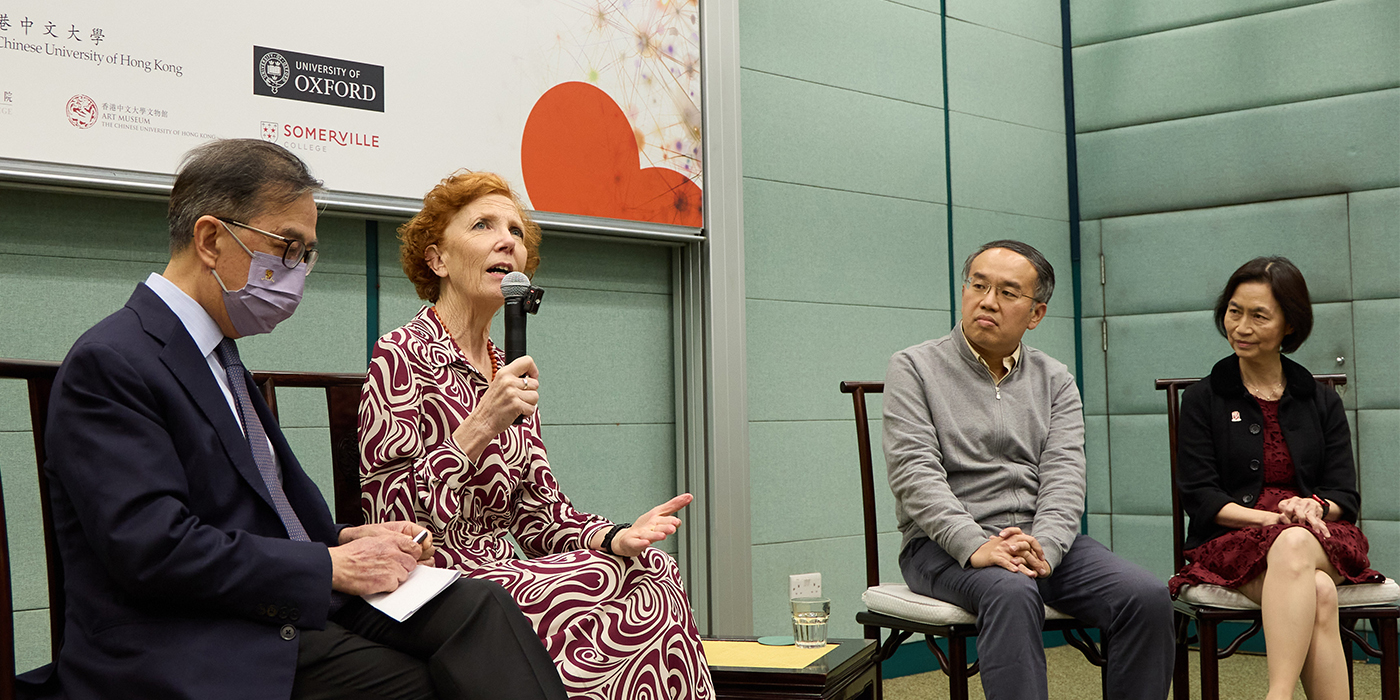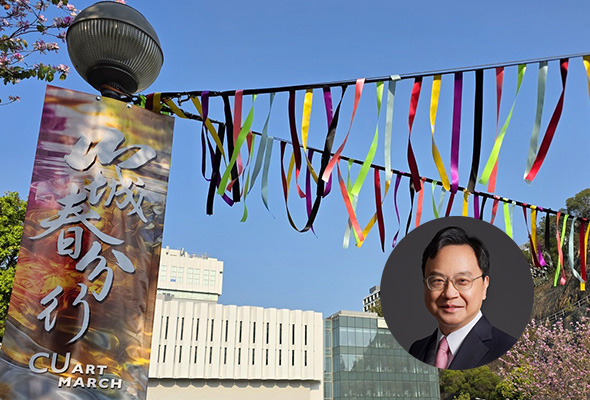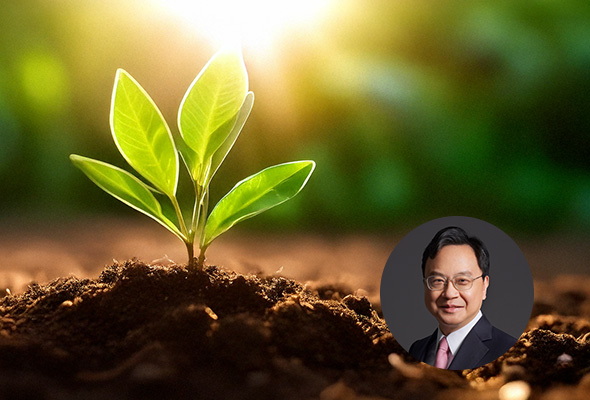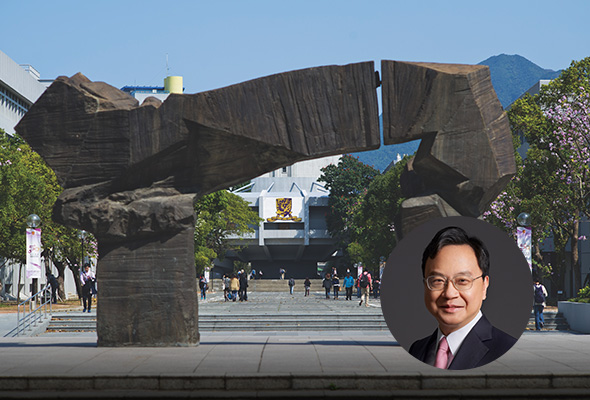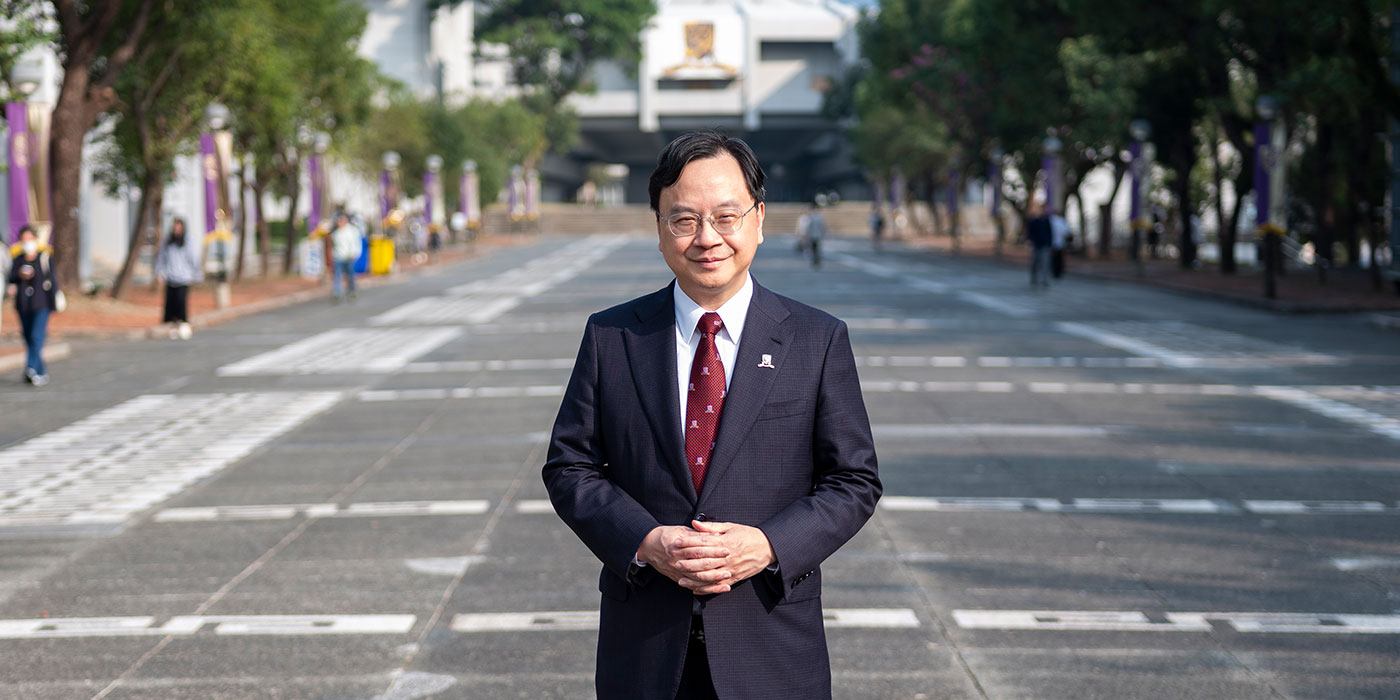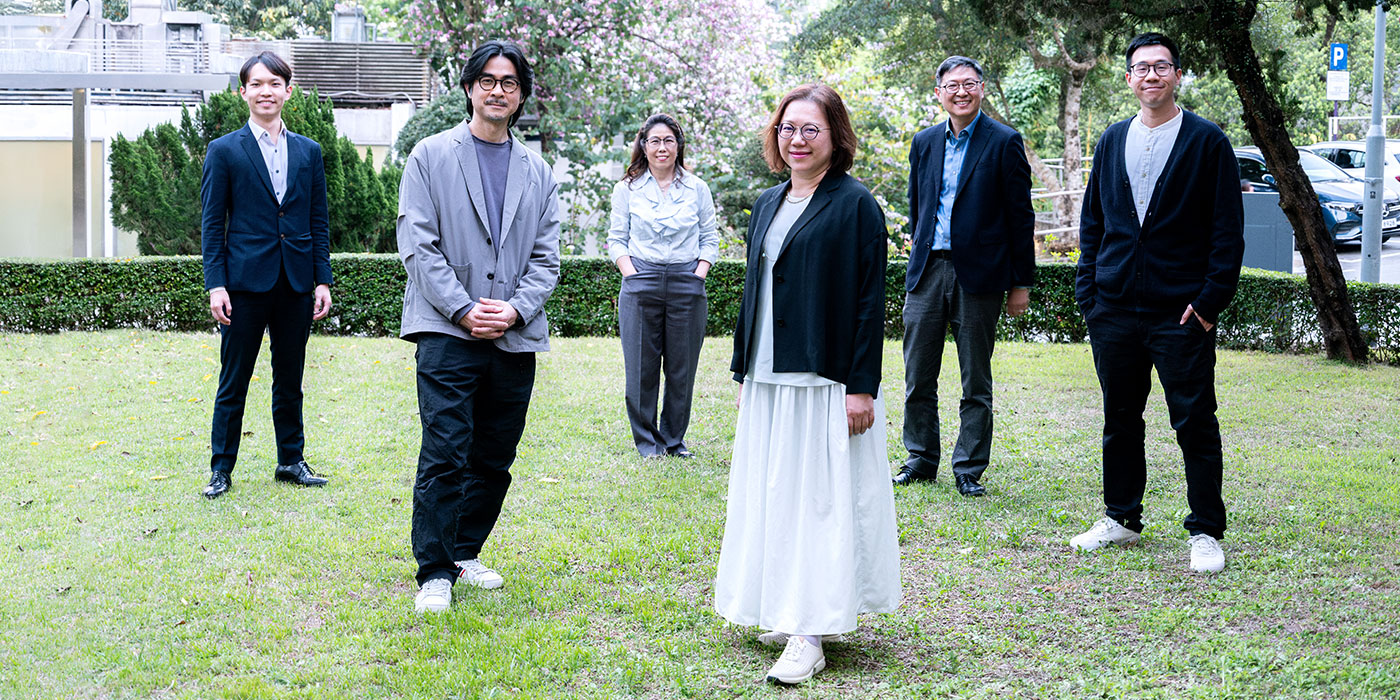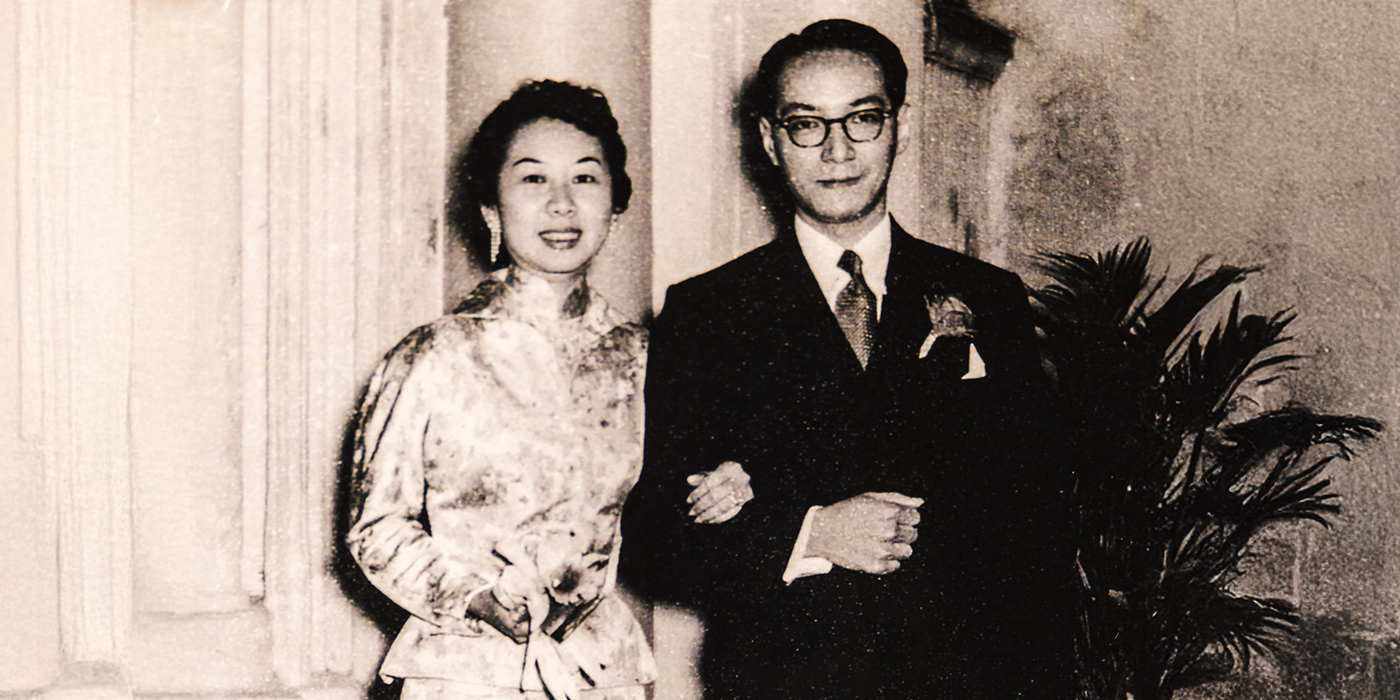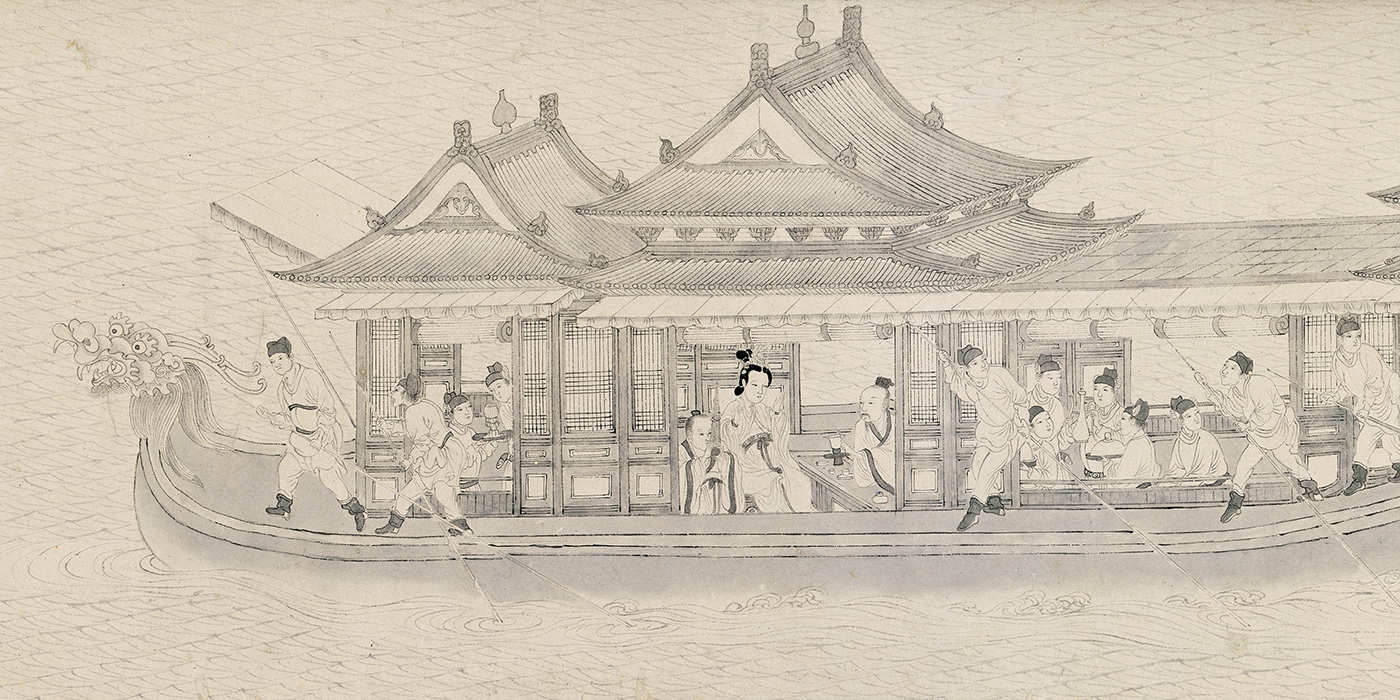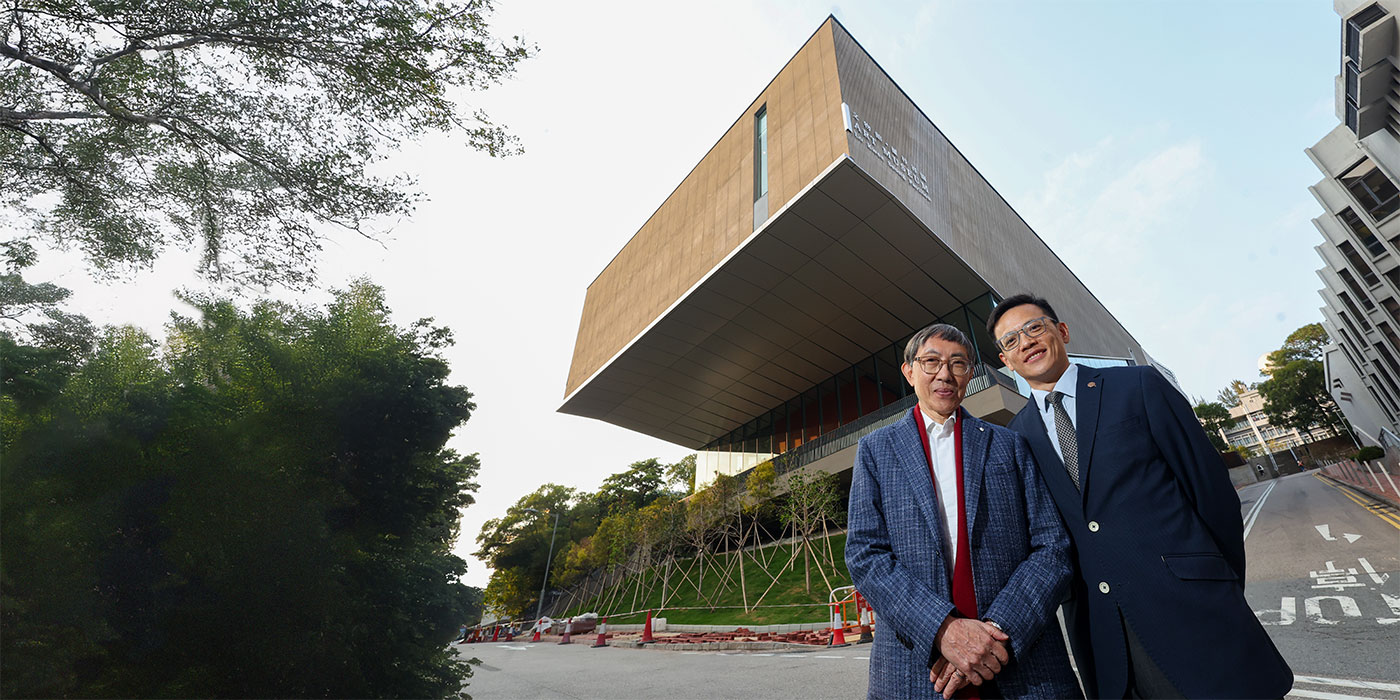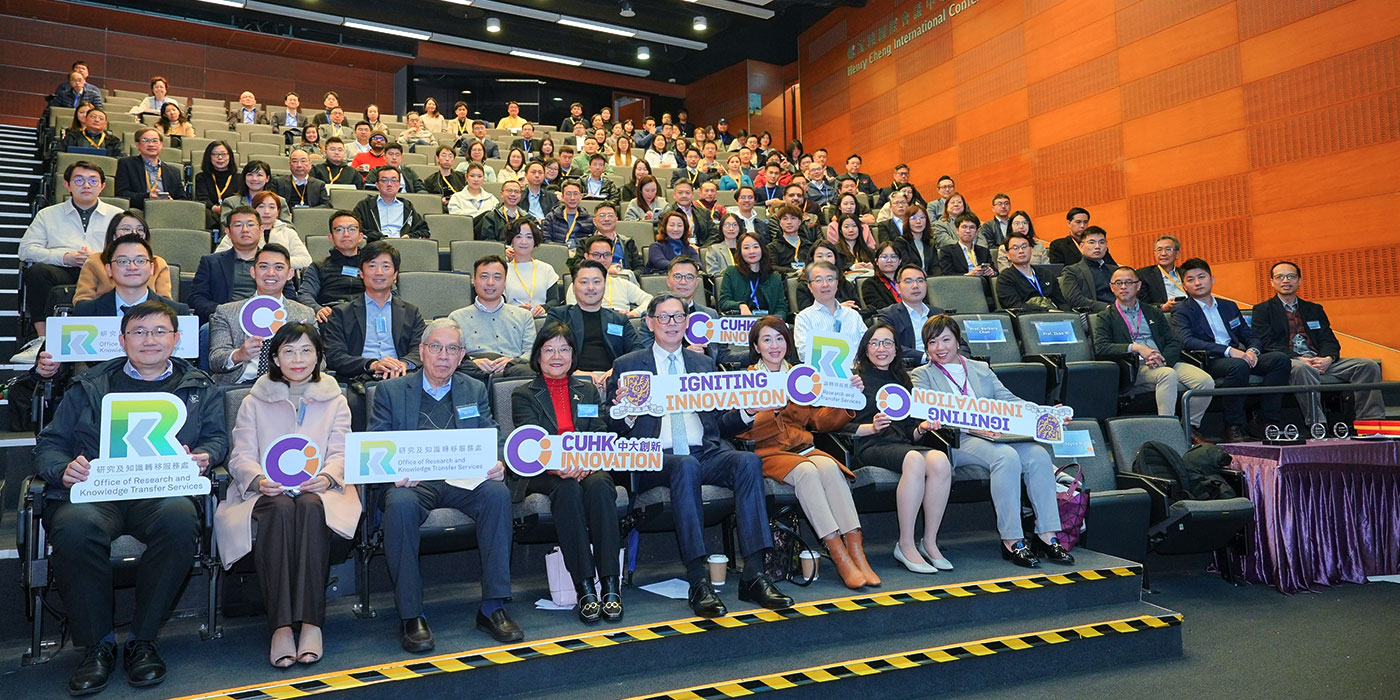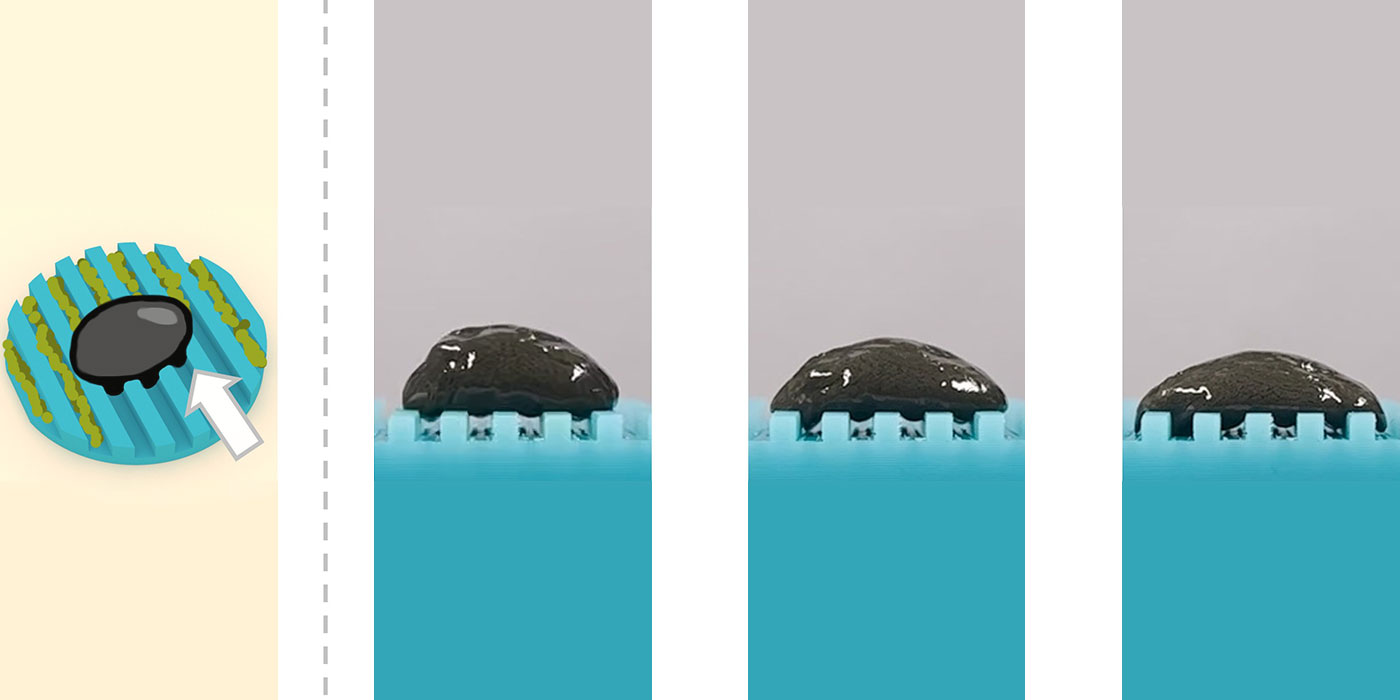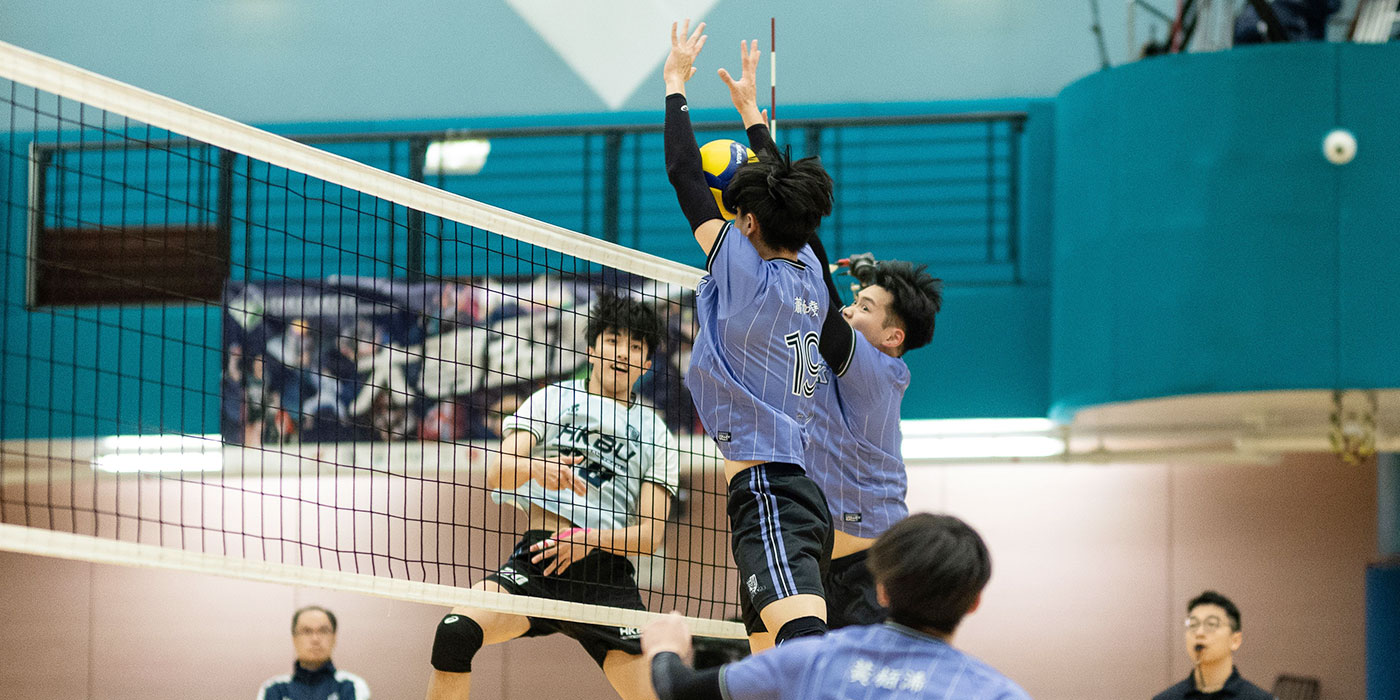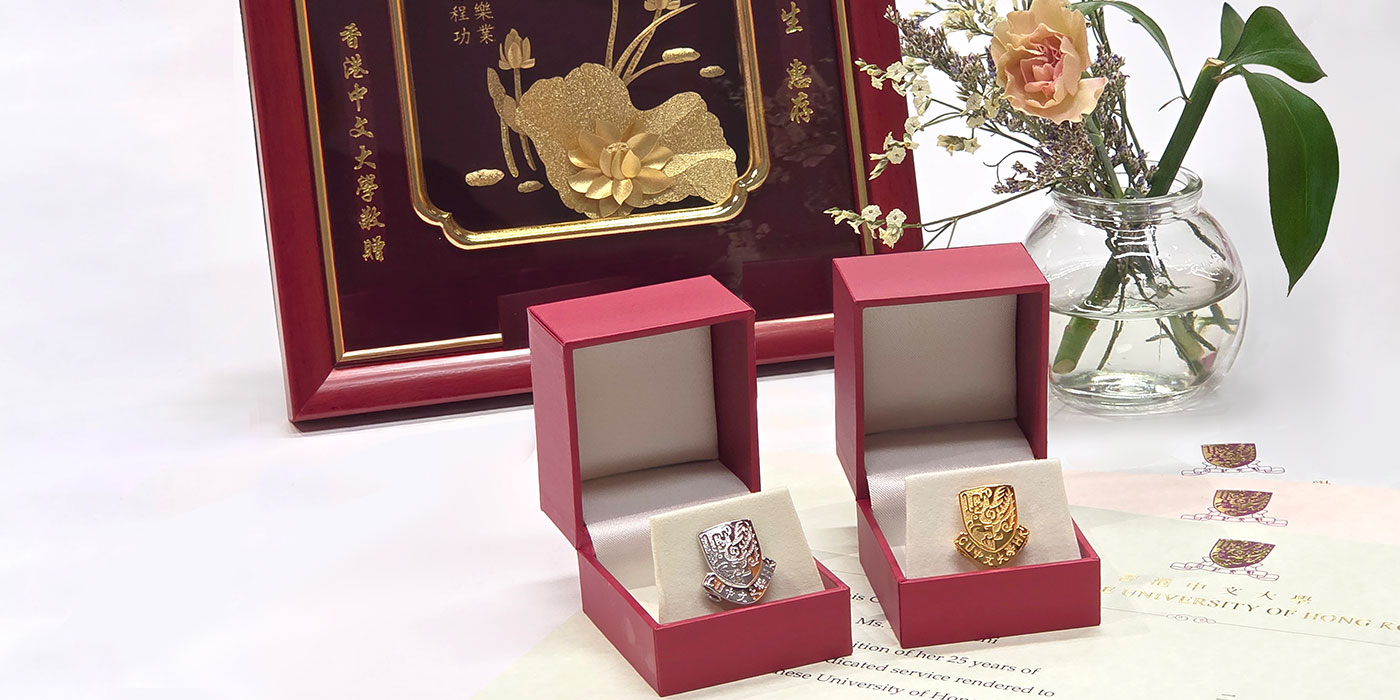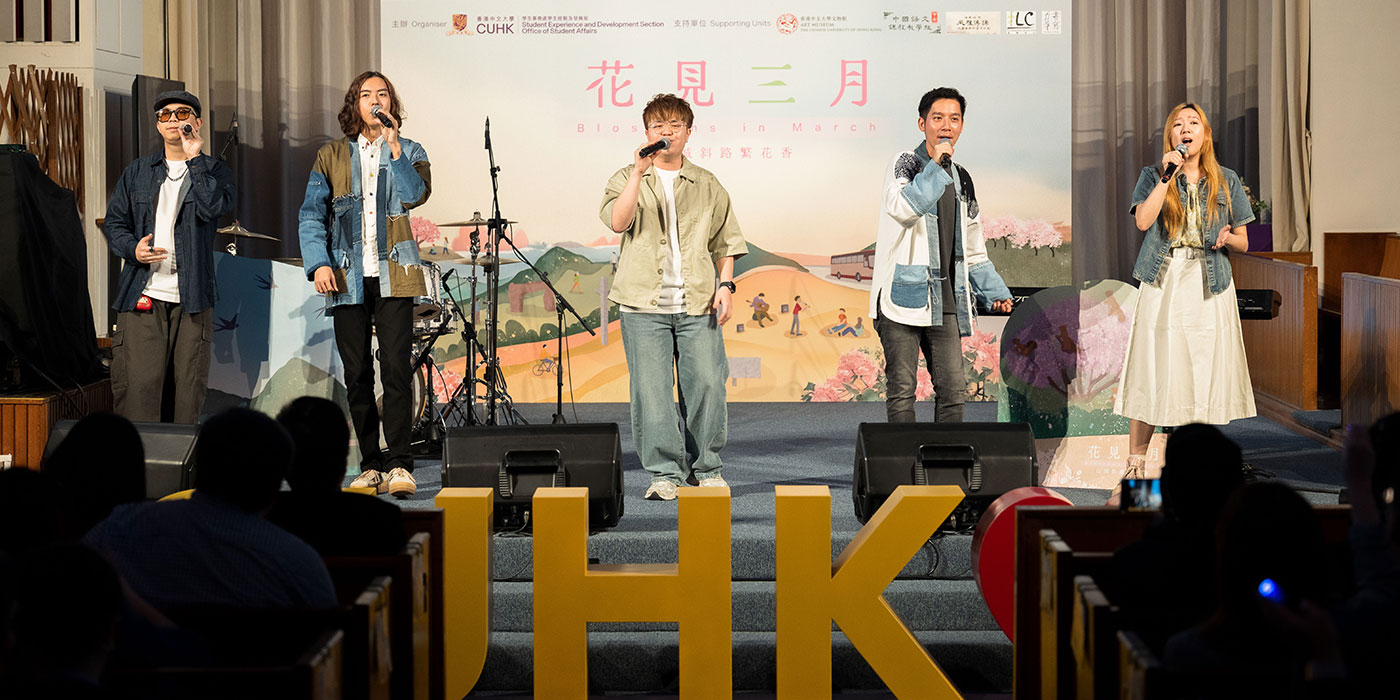Humanities ‘the basis of civilisation’
British Labour peer Jan Royall joins a CUHK panel on empowering youth in a changing world
Amid mounting apprehension over the disruptive effects of artificial intelligence (AI) on our lives, visiting British peer Jan Royall hews strongly to her belief in the transformative power of education to equip young people for future challenges and give them hope. She also sees humanities as the bedrock of university education in an era of borderless collaboration.
The baroness, who is the principal of Somerville College at the University of Oxford, was participating in a CUHK panel discussion on 22 March entitled “talent expansion and borderless collaboration in a versatile world”.
Humanities as bedrock
Youth development, higher education, women, diversity and inclusion, and democratic engagement have long been a focus of Baroness Royall. She joined the House of Lords as a life peer in 2004 and was Leader of the House from 2008 to 2010.
“Being young these days is perhaps more difficult than it has been for an awful long time,” the baroness ventured. AI was nowhere to be seen three or four years ago, but it has now become a great disruptor of our lives and our way of work. The role of education, she maintained, is to ensure that students develop the ability to change and the confidence to meet future challenges.
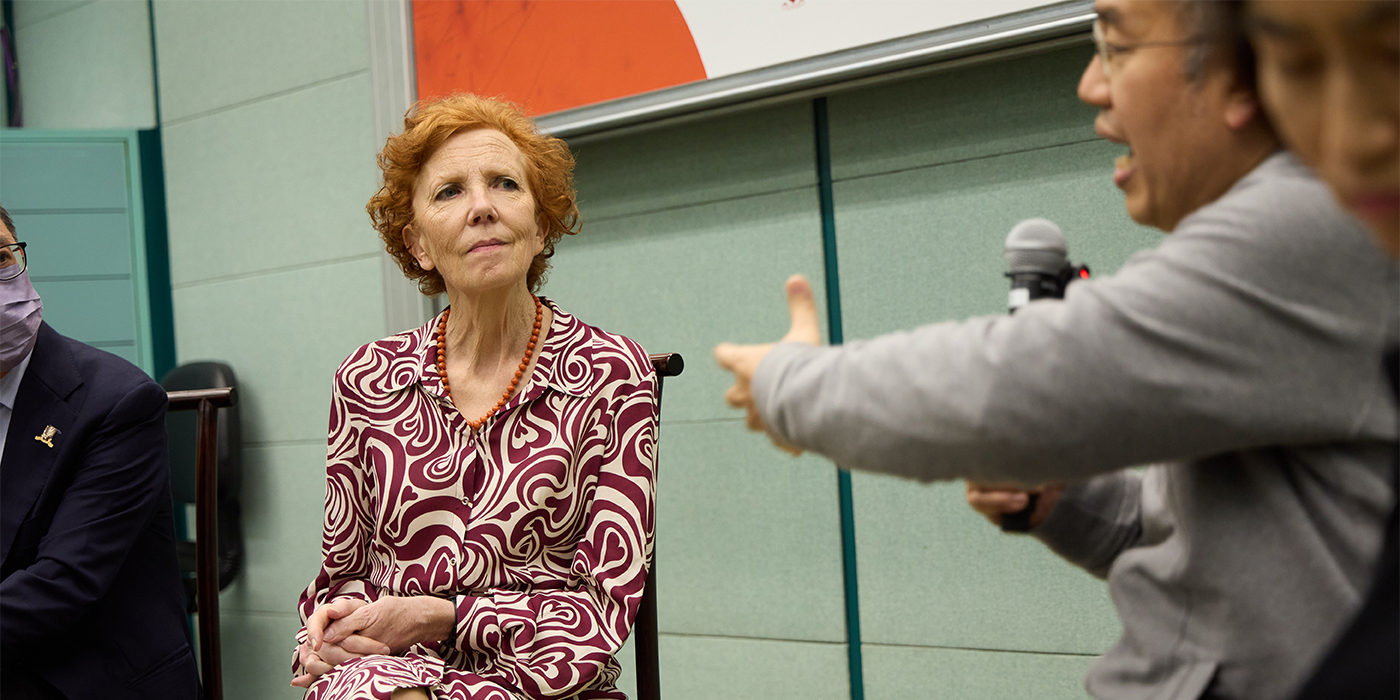
Delighted at the coming together of humanities and sciences at Oxford, as exemplified by its informal interdisciplinary course on climate change and new centre for AI and ethics, she insisted humanities remain the bedrock of university education: “Humanities are the basis of our civilisation. They teach us how to think, how to appreciate things. Despite the fact we are nurturing innovators and entrepreneurs, we still understand the importance of humanities.”
The baroness was invited to the event by Art Museum Director Professor Josh Yiu who was at Somerville during his studies at Oxford. Her fellow panelists were Christopher Hui, Secretary for Financial Services and the Treasury and an Oxford graduate in philosophy, politics and economics, and Professor Wong Suk-ying, Master of CW Chu College. Provost Professor Alan Chan moderated the one-hour discussion which explored how a university adapts to prepare students for a “versatile and volatile” future.
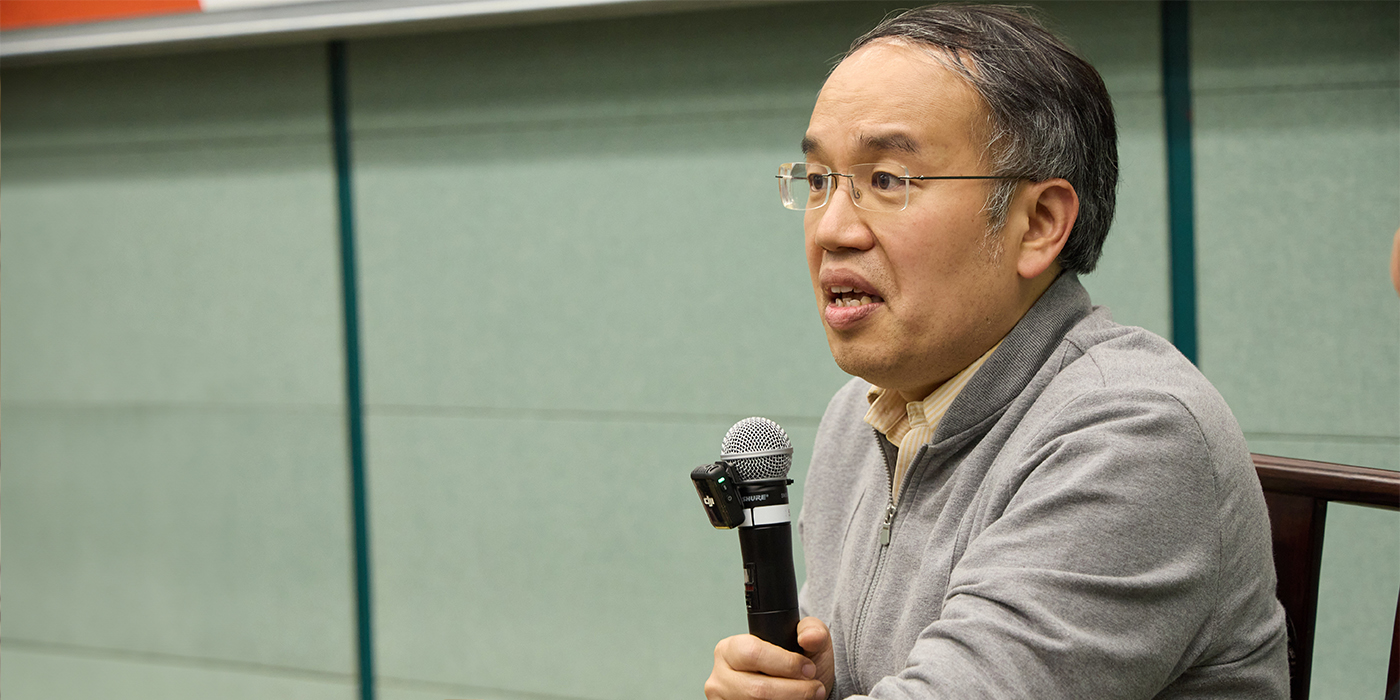
Sharing for fullness in life
Christopher Hui observed two worrying trends in today’s world: people are becoming more individualistic, and reaching any consensus is increasingly difficult. Social media, which caters to individual tastes and tends to reinforce individual biases, makes people even more set in their views. Dominance of image over text, secondly, also makes the world undesirably unitary.
The minister said getting subtle messages across required deep thinking, and exploration of different schools of thought when forming arguments.
To address this, said Hui, we need more than ever to be good at storytelling, which he described as an ability to synthesise, synergise and, most importantly, to share.
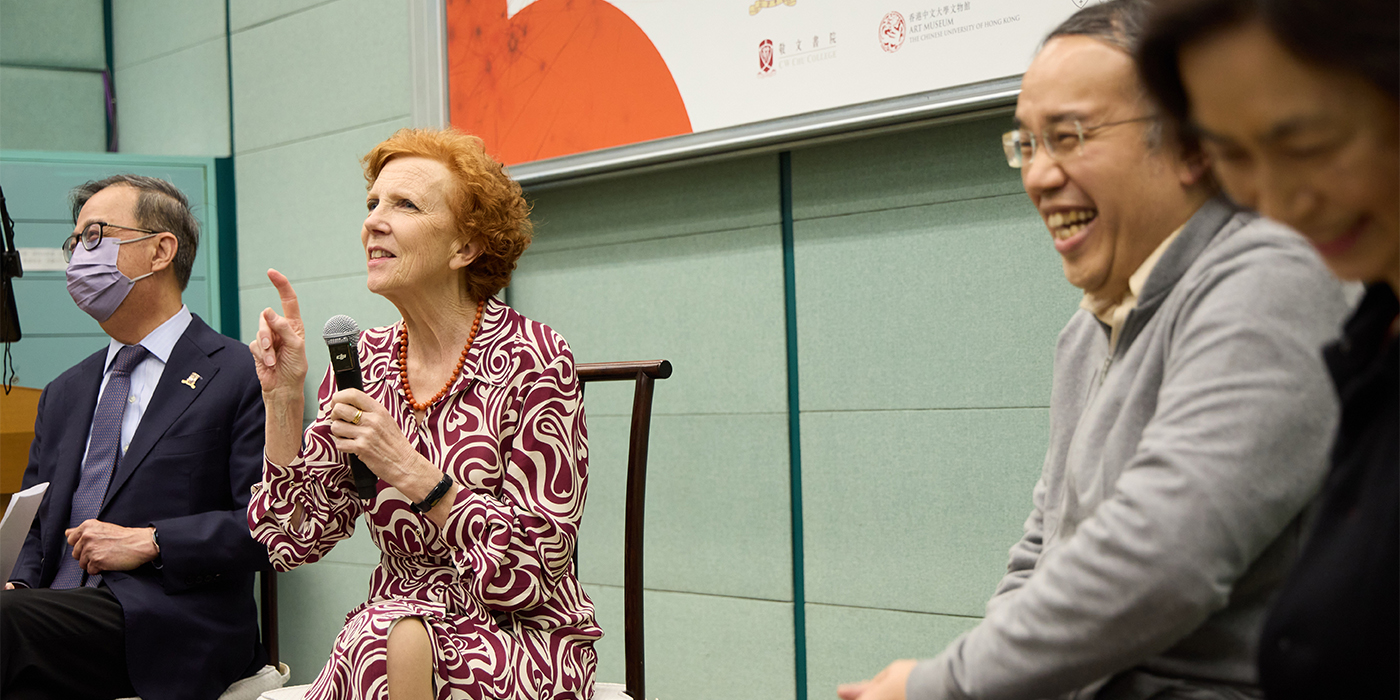
“We should use social media to facilitate sharing. As people share more, they can learn from each other. This is exactly the point of having a comprehensive university like CUHK and Oxford: for a world to be complete, you can’t leave out anyone, and we should nurture talents who comprehend this wholeness in life.”
Bilingual professionalism
Panelist Professor Wong Suk-ying, a sociology professor, has interacted with young people as a teacher, the University’s head of admissions, and now as a college master. She highlighted the value of college education, where students can mingle with professionals and others from all walks of life, broadening their sense of life and work beyond university. She noted that young people today long for in-depth experiences at a time when the world of work is becoming more volatile. She also expressed concern that today’s young are weak at languages.
“We should get them do well, bilingualism at least, with reasonable mathematical literacy. If you can do professionally with two languages, your world is much bigger. Say you read a Japanese novel translated into English, you can imagine what Tokyo is like, just through reading.
“These young people are much more creative than we were. But they need to have the essentials to scale up to a higher level,” said Professor Wong, the University’s first female college head.
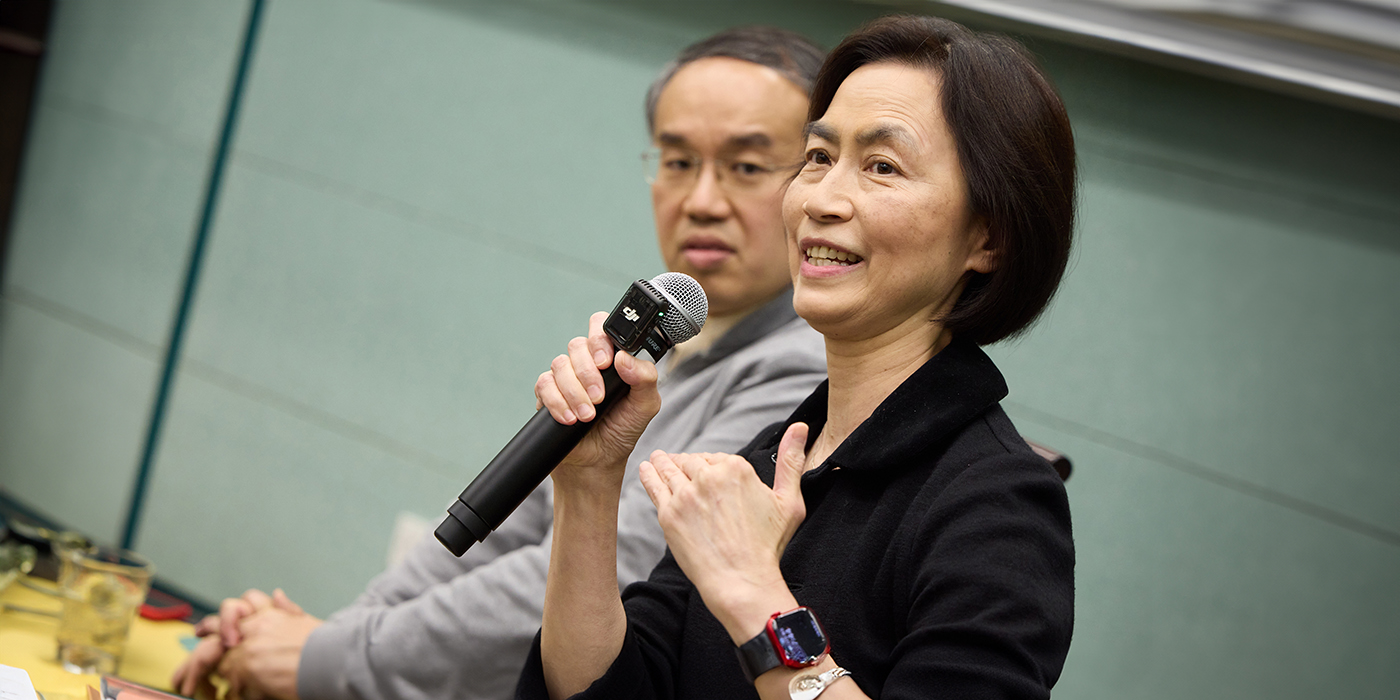
A truly borderless imagination
Hui felt that human-like AI may bring solace to the elderly, who are often lonely. Baroness Royall, proposed that machines should free people to work more on people-focused activities. “As human beings, we have to maintain our self-belief and we have to be able to question,” said the baroness.
Picking up on the word “borderless” in the discussion topic, Baroness Royall argued that borderless collaboration is needed more than ever, describing as “dangerous” the raising of walls and the rejection of refugees. These trends she attributed to an increase in populism and countries turning inward.
“Geopolitics and economics have changed our world; it’s just not the East and West anymore,” she said. “The West, which has dominated for so long, cannot, should not, and must not dominate anymore. We should have a much more equal world in every way in terms of voices. We’ve got to look at our international institutions to make sure they reflect the needs not just of the West, but the East; not just the North, but the South.”
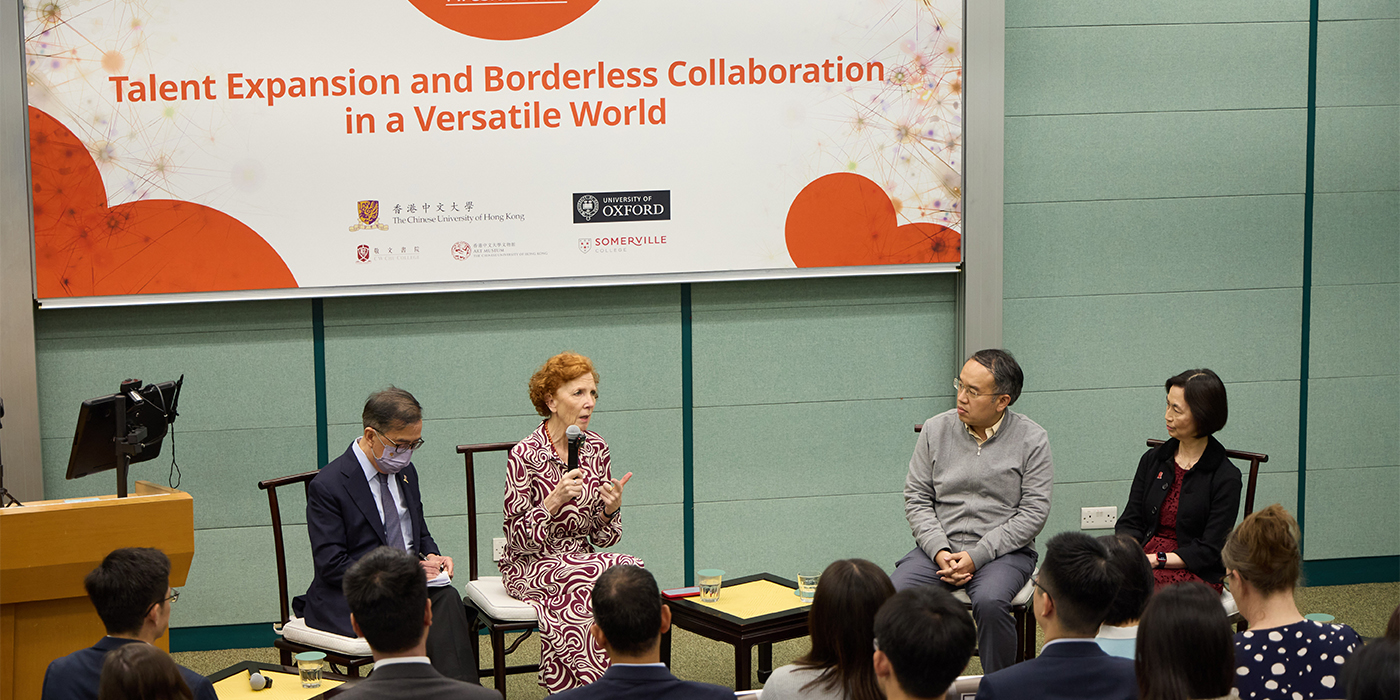
The baroness hoped people may cultivate the wisdom of “agreeing to disagree”, a virtue on which human society is founded. A self-professed optimist, she emphasised her belief in the transformative power of education.
“Education transforms and part of that transformation is ensuring that we give people hope. We’ve got to give our young people hope. Because if they haven’t got hope, it’s going to be hard.”
By Amy Li
Photos by San

